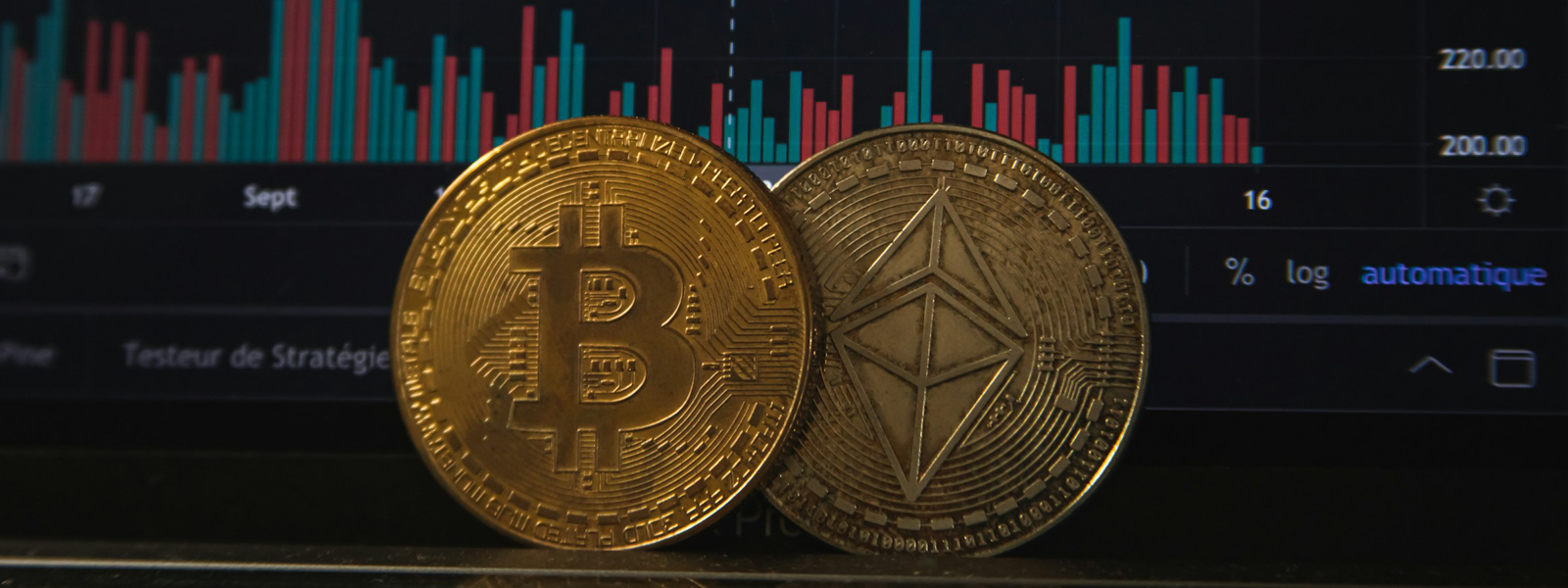What Is a Pig Butchering Scam?
There are plenty of scams to be found at the intersection of romance and finance. Scammers use a bit of social engineering to lure in potential victims, appealing to them and gaining their trust in order to potentially trick them out of thousands of dollars. A new version of this scam is the unusually named pig butchering scam, a financial scam that relies on cryptocurrency and trust. See how you can detect text scams like pig butchering, and how to avoid them.

What Is a Pig Butchering Scam?
In the context of online scams, the term “pig butchering” may sound bizarre—but it refers to the act of fattening a pig before slaughter. The metaphor similarly applies to the scammer feeding a victim conversation, attention, and compliments before taking everything they can.
Pig butchering scams typically begin with scammers cold-messaging thousands of strangers at a time. This can be through social media platforms, dating apps, or even a random text. These opening texts can seem innocuous: a simple “hi!” or “it was fun hanging out this weekend!” can seem like it comes from a new friend, one whose number you haven’t saved yet.
If the victim responds in any way—usually by saying that they have the wrong number—the scammer will know that there’s a real person on the other end of the line and will attempt to strike up a conversation that seems natural, caring, and attractive. The scammer creates a fake persona, slowly building a romantic or close personal relationship, and aims to appeal to the victim by expressing shared interests and portraying an appealing lifestyle.


Microsoft Defender
Stay safer online with one easy-to-use app1
1Microsoft 365 Personal or Family subscription required; app available as separate download
Building a relationship takes a significant investment in time, and building trust can be tricky. Fortunately for the scammer, there are hundreds of thousands of victims being contacted at the same time, via automated systems and at a massive scale.
The Connection Between Pig Butchering Scams and Cryptocurrency
After the scammer has built a meaningful text relationship with the victim, they will then shift towards the matter of investment. The scammer will mention that they’ve made a lot of money in a lucrative investment opportunity, one that is oftentimes connected to cryptocurrency. They will seem like they hold a deep understanding of financial terms or cryptocurrency investments, reinforcing the trust that the victim might place in them. Since the victim already trusts the scammer on the other end, this scheme (with apparently little or no risk) will seem like a natural fit.
The victim will then invest in a malicious app or website that appears legitimate: these sources will reflect legitimate financial institutions with real-time market data, targeted investments, and rapid growth of the victim’s investments. The illusion of a legitimate financial platform is a hallmark of these pig butchering scams: it will encourage victims to place more money in them, and there will be tactics for gaining even more trust, such as allowing the victim to withdraw small amounts of their money.
Once the victim has invested in these fraudulent platforms, the scammers will shut down the platform and disappear with the victim’s money. Hence the name: over the course of this long scam the victim has been “fattened up” with compliments and attention, and this is where the pig butchering happens.
Protecting Yourself From Pig Butchering Scams
Like any online or text messaging scam, it pays to pay attention. Here are some tips to safeguard your financial and emotional wellbeing:
- Verify identities. If you get a number you don’t recognize, it’s wise to ignore or delete the message. If there are profile pictures, keep suspicious and assume that they might be stock photos: you can also conduct a reverse image search of profile pictures to check for authenticity.
- Maintain privacy. Avoid sharing personal or sensitive information, especially online or with those whose identities you’re not 100% about. Be cautious about the details you post on social media.
- Consult investment opportunities. Consider meeting with a financial advisor before making any investments, as they are up to date on current opportunities and can steer you towards ones that are better tailored to your own financial needs and goals.
Ultimately, it’s important to trust your gut instincts: if something sounds too good to be true, it probably is. Be skeptical of any investment opportunities that promise huge returns with minimal risk—especially if they require you to place a significant upfront investment. Staying safe both online and via text message is key to protecting your financial data, so check out more tips for staying safe online.
Achieve the extraordinary with Microsoft 365
The powerful productivity apps and creativity tools in Microsoft 365 just got better. Work, play, and create better than ever before with the apps you love and Microsoft Copilot by your side.
Try for free













